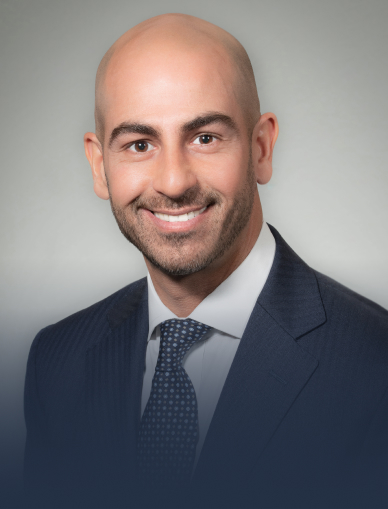This is your definitive guide to FINRA arbitration in 2025/2026.
In this article you will learn: how disputes are handles under FINRA arbitration, the FINRA arbitration process, and what to expect if you are involved in a FINRA arbitration case.
We will also cover the most important information that you will need to know about FINRA arbitration in 2025/2026 so that you can be prepared if you find yourself involved in a case.
Más información
Finalmente, diez años después de que se promulgara la Ley Dodd Frank de Reforma de Wall Street y Protección del Consumidor de 2010 (Dodd-Frank) para introducir cambios radicales en el sector de los valores, la mejor normativa que la Comisión de Bolsa y Valores de EE.UU. ("SEC") pudo aprobar, el Reglamento de la SEC sobre el mejor interés, es ahora la ley que rige a los agentes de bolsa que prestan asesoramiento en materia de inversión a clientes minoristas. Aunque la SEC tenía autoridad para imponer una norma uniforme y amplia de "deber fiduciario" en todo el país a los agentes de bolsa y asesores de inversión, cedió a las demandas del sector del corretaje de valores y promulgó el Reglamento de Mejor Interés ("Reg. BI"), que es mejor que la "Norma de Idoneidad" de la Autoridad Reguladora del Sector Financiero ("FINRA"), pero no lo mejor que se podría haber hecho para proteger a los inversores. El mes pasado, la FINRA modificó su "Suitability Rule" para ajustarla a la "Reg. BI" de la SEC y dejó claro que los agentes de bolsa tienen ahora de manera uniforme obligaciones relacionadas con la divulgación, la atención, los conflictos y el cumplimiento, que son equivalentes a la norma del "deber fiduciario" del derecho anglosajón cuando hacen recomendaciones a clientes minoristas. Véase FINRA Regulatory Notice 20-18. 1
Más información
Attorney Robert Wayne Pearce is the Lead Attorney of The Law Offices of Robert Wayne Pearce, P.A. and is one of the top investment fraud lawyers in the country. Serving Nationwide, Based in Florida.
He is a well-respected advocate for investors throughout the legal community; he is known for his fierce litigation skills and tireless advocacy on behalf of his clients.
Más información








